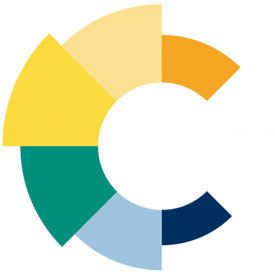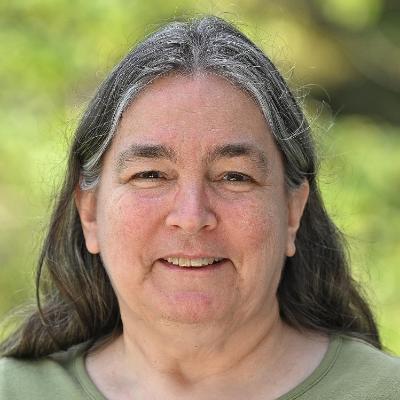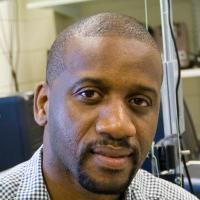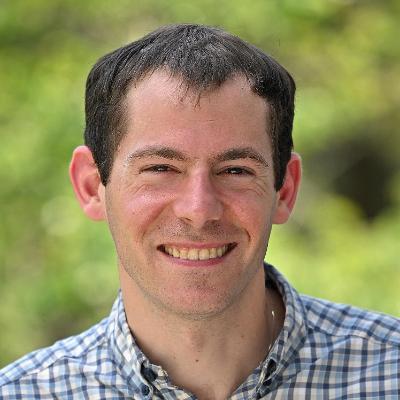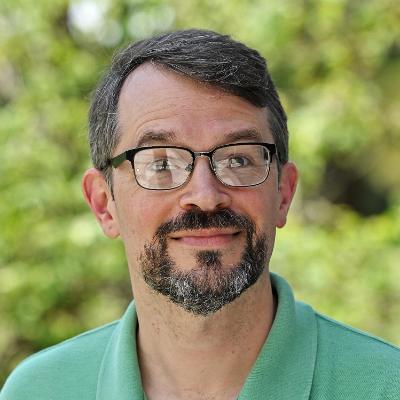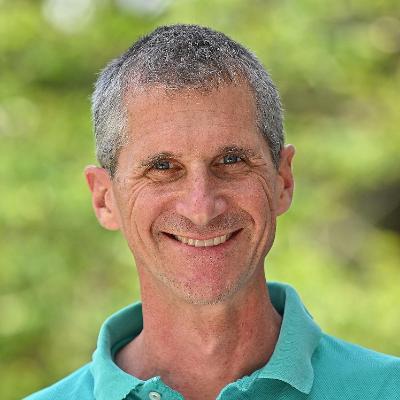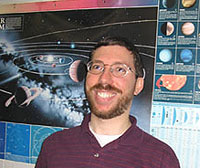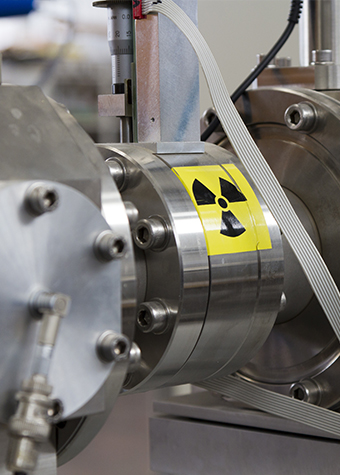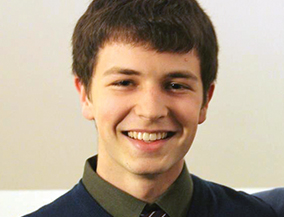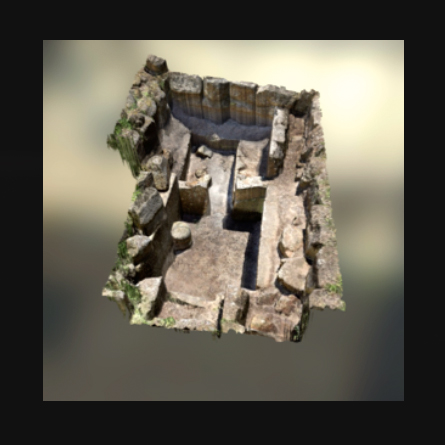Majoring in Physics
Our program is flexible, so you tailor your studies to fit your interests. You can concentrate in general physics, astrophysics or physics for education, or pursue a five-year, dual-degree program in physics and engineering. Whatever your choice, you work closely with professors and peers on challenging coursework. The low faculty-to-student ratio and the tight-knit, friendly atmosphere in the department ensure you get to know your professors and peers both in and out of class.
Research opportunities
Long- and short-term research projects are integral to your studies. We offer many opportunities for semester-long independent study projects and multi-year projects, including honors theses. Most students also conduct research with professors. You could co-author or even first author an article in a major journal. Students have traveled as far as Paris, Moscow and Zermatt to do research or present their work, and have attended meetings of the American Association of Physics Teachers, the American Geophysical Union, the American Astronomical Society and the National Conferences on Undergraduate Research.
Facilities
Our research facilities include a 1 MV ion accelerator (one of four at undergraduate institutions in the U.S.), the state's largest recirculating flume used to replicate flow in natural rivers, a photonics lab where work is being done on the interface of light and electronics, and a 20-inch telescope.

